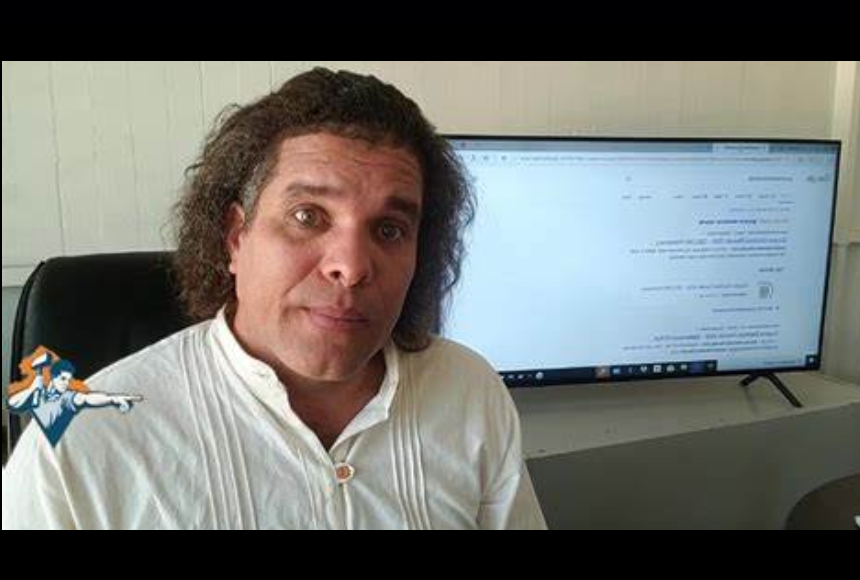Mikhail Rodrigues, popularly known as “The Guyanese Critic” has once again found himself in hot water for his commentary. This time, he has attracted raised eyebrows over statements about persons needing to live in fear if he is backed in a corner.
The morning talk show host’s comment came on the heels of being ordered by recently appointed Judge, Justice Nigel Niles, to dole out $52 million to the father and son business duo, Nazar and Azruddin Mohamed. Justice Niles ruled that Rodrigues, and his company “They Break News” are to pay $22.5 million in damages, along with $3.5 million each in punitive damages for defaming the businessmen.
On July 19, 2024, one day after the ruling, Rodrigues said on “Morning Live with the Critic”, that he would not allow anyone to back him up against a wall, comparing himself to an isolated feline. This was before saying that a “side” from his past would not allow himself to be steamrolled by anyone.
Critic was at the time responding to a caller who encouraged him to not lose hope, despite the ruling. The caller noted that the courts are known for sometimes producing rulings that meander along the line of what is just and what is legal.
Critic agreed, saying that the system has a “glitch”, and the Appeal Court is repeatedly proven to be a “disaster” by the overturns made by the regional apex court, the Caribbean Court of Justice (CCJ).
The caller then suggested a “wait and see” but Rodrigues interjected, saying, “If I can’t live in peace, I will die trying. Nothing ain’t deh off the table for me.”
He continued, “This is no veiled threat or anything, but I Mikhail Rodgrigues, better known as the ‘Guyanese Critic’ will not have my rights trampled upon. I prefer to die. I got a side to me from the past that I can’t rid of. All we would a gah live in fear. Yuh hear wha I telling yuh? You believe anybody backing me up against a wall after all wha I do in this country? After all the efforts I mek to become who I am today? Somebody gon concoct something and pass some money and back me up…Yuh ever lock up a cat in a room and see wha doz happen?”
Following the show, a snippet of Rodrigues’ comment about persons needing to live in fear was reproduced with a photo of Justice Niles attached. The snippet was shared to social media, and it has since garnered much attention with prominent opposition lawyer, Darren Wade expressing concerns. He commented under the edited video stating, “This is unacceptable, the Bar Association Executive is prepared to stay quiet whilst receiving personal favour from the Government!”
About two days later, the Bar Council of the Bar Association of Guyana issued a statement ,saying that it has “observed and taken note of recent statements made, particularly on social media platforms, with regard to matters engaging or having engaged the attention of the Court, by parties related and unrelated to the said proceedings, directing personal attacks against judicial officers”. The Council, however, did not mention the name of the persons who made the utterances, nor did it reference any specific show or programme.
It did, however, remind and urge members of the public “to exercise responsibility in making public statements touching and concerning the administration of justice, including judicial officers and thereby refrain from personal attacks, the use of threatening language which threaten the personal safety of judicial officers or otherwise and or making scandalous, inflammatory and unsubstantiated allegations against judicial officers.”
The Council was also keen to add that aside from such comments being “wholly disrespectful” to the Court, and having the result of undermining confidence in the administration of justice, it opens such members of the public to Contempt of Court proceedings under the Contempt of Court Act, Cap. 5:05, the punishment for which is imprisonment.
In conclusion, the body said that the judiciary is not immune from public expressions of concern and criticism, noting that such right is not unfettered and must be exercised within the ambit of the law and governing legal principles.













